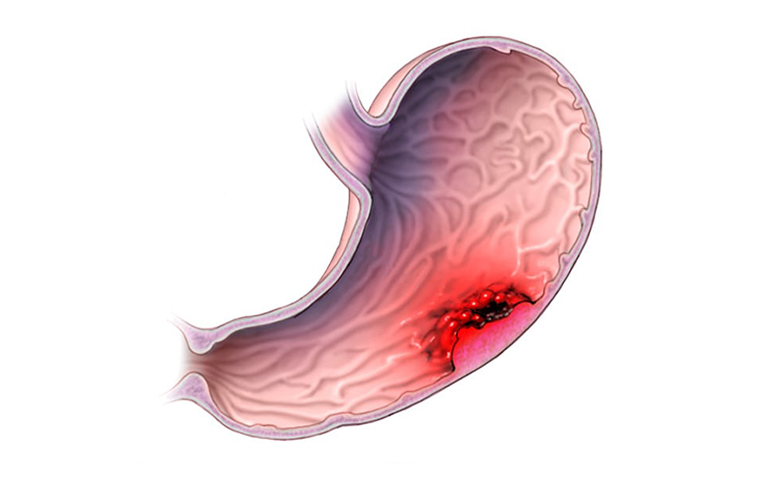
Gastric cancer, which is the 4th most common cancer among all cancers, occurs as a result of the development of malignant tumors in the gastric mucosa due to various reasons. Gastric cancer, which is more common in men than in women, can be diagnosed early and brought under control with the right treatment applications thanks to the developments in technology in recent years.
Stomach cancer is a disease that usually progresses insidiously and is usually diagnosed at an advanced stage when it presents its symptoms. On the other hand, even if it gives symptoms, it can be ignored by the patients since it can be seen in many other diseases. These findings include weight loss, abdominal pain, nausea-vomiting, loss of appetite, difficulty in swallowing, bleeding, early satiety, ulcer-like pain and can be easily overlooked.
Early diagnosis of gastric cancer is very important for the success of treatment. For this reason, it is very important to follow up people with stomach problems and risk factors with endoscopy in the early period.
After diagnosis, advanced tests such as CT, PET-CT, MR are needed to determine the stage of the disease and to plan the treatment. Then, cancerous tissue should be removed with one of the open, laparoscopic or robotic surgery methods to be selected.
Although the incidence of gastric cancer has decreased over the years compared to other types of cancer, it remains important in terms of being a partially preventable type of cancer. Particularly, scientific developments in the field of stomach cancer have provided serious breakthroughs in preventing cancer before it occurs.
Detection of the bacterium Helicobacter pylori, one of the causes of stomach cancer, and most importantly, and showing that this bacteria can be treated with antibiotics, is the cornerstone of the fight against stomach cancer.
But there are doubts that eradicating (eliminating with antibiotics) H. Pylori will completely prevent stomach cancer. H. pylori also leads to lymphoma, which can be counted among the malignant diseases of the stomach.
Ways to Prevent Stomach Cancer
Avoiding cancer-causing substances such as cigarettes and alcohol,
eating healthy
Avoiding consuming too much salt
Not reusing frying oils.
Gastric Cancer Diagnostic Methods
Stomach cancer often presents with complaints defined as indigestion. Therefore, it can be neglected by the patient for a long time. However, early intervention provides successful results in treatment. For these reasons, if the above-mentioned signs and symptoms are present, a physician should be consulted.
If your doctor suspects a stomach-related condition based on physical examination findings after listening to your family history and medical history, he or she may order some tests.
One of these examinations is gastroscopy. During gastroscopy, a flexible tube with a camera at the end is entered into your stomach through the mouth, and the inner wall of the stomach is examined, and samples are taken from suspicious areas and sent for pathological study. Cancer or precursor lesions can only be detected in this way.
If cancer is diagnosed, imaging techniques such as tomography, MR and PET can be used to determine the extent of the disease and to identify appropriate treatment options.
Stomach Cancer Treatment Methods
As in many other types of cancer, surgical methods, chemotherapy and radiotherapy are used in gastric cancer. Although surgery is the first choice in suitable patients, the prevalence of cancer and the general health of the patient are of great importance in making the surgical decision.
The earlier the cancer is detected and the less it has spread, the higher the chance of cure with surgical treatments. In curative surgeries, most or all of the stomach and the lymph nodes around the stomach are removed. In addition, there are a number of surgical interventions performed to increase the patient's life comfort in advanced patients.
Chemotherapy, on the other hand, is used to slow tumor growth in advanced stage patients, to reduce the tumor to surgically removable sizes in patients who are suitable for surgery but have a large tumor size, and to reduce the tumor size 2-3. It can be used to reduce the chance of recurrence after surgery in stage disease.
Although radiotherapy is not a routine treatment method in the treatment of gastric cancer, it is a method that can be used to shrink tumors or to eliminate the feeling of pain in advanced stages.

